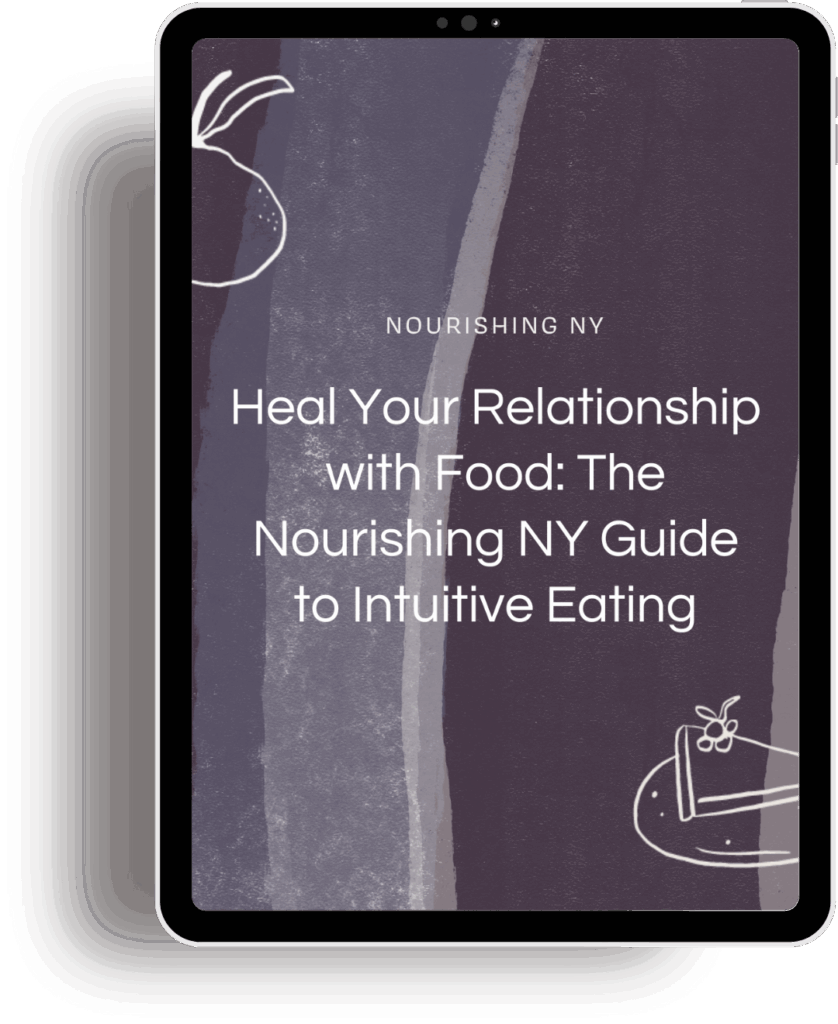Major life transitions—graduating from college, starting a new job, moving to a new city, navigating a breakup, becoming a parent, or entering a different life stage—can be both exciting and stressful at the same time. For individuals recovering from or living with an eating disorder, these changes can be especially challenging. The added pressures of a fast-paced environment like New York City can amplify old behaviors or trigger new struggles around food, body image, and routine.
Partnering with a specialized eating disorder nutritionist in NYC provides vital support during these times of change.
The Link Between Transitions and Eating Disorder Risk
Recovery from an eating disorder often relies on consistency: regular meals, structured support systems, and a stable environment. Major transitions naturally bring uncertainty—new schedules, different foods, and shifting social circles. An eating disorder nutritionist can help adapt your meal plans, troubleshoot logistical hurdles, and maintain progress without rigidity.
The NYC Environment Presents Unique Pressures
New York is a city that never stops moving. Its culture—fast-paced careers, social events centered around dining out, and a strong focus on appearance—can heighten anxiety around eating and body image. An eating disorder nutritionist in NYC understands these realities and can offer tailored strategies, from navigating food options on-the-go to managing the stress that urban living adds to recovery.
What an Eating Disorder Nutritionist Does During Transitions
Eating disorder nutritionists are trained to identify subtle warning signs of relapse and to create personalized care plans. During big life changes, they can help you set realistic goals, stay accountable, and integrate coping skills that go beyond meal planning. Their expertise ensures that your care is rooted in both clinical knowledge and compassionate understanding.
Collaboration with Your Care Team
Recovery rarely happens in isolation. An eating disorder nutritionist will work alongside your therapist, physician, and other providers. In NYC, where many top mental health and medical professionals practice, a nutritionist can coordinate seamlessly with your team to provide holistic, wraparound support.
Real-World Examples for Major Life Transitions
Major life changes often require new skills—whether it’s learning to grocery shop in a different neighborhood or handling a demanding new work schedule. A eating disorder nutritionist can help you develop flexible meal strategies, teach you how to honor hunger and fullness cues even when life feels unpredictable, and provide tools to maintain self-compassion.
Life changes come in many forms, and each can disrupt established recovery routines in different ways:
- College to Career: Shifting from a flexible academic schedule to the demands of a job can alter meal timing, stress levels, and access to supportive communities.
- Moving to or Within NYC: Relocating—whether from another city or to a new borough—brings the unfamiliar, differing routines, and the potential challenge of finding new healthcare providers.
- Marriage or Divorce: Relationship changes often involve new dining patterns, shared kitchens, or emotional stressors that can trigger disordered eating behaviors.
- Pregnancy or Postpartum Period: Hormonal changes and evolving body image can complicate recovery and call for specialized nutritional guidance.
- Significant Loss or Bereavement: Grief can impact appetite and coping mechanisms, making professional support essential.
- Retirement or Empty Nest: Life-stage shifts later in adulthood can bring unstructured time and emotional adjustments that affect eating habits.
Recognizing these moments as potential pressure points helps individuals and their support teams prepare proactive strategies.
How to Find the Right Support in NYC
If you or someone you care for is navigating recovery during a significant life transition, seeking help from a nutritionist in NYC is a critical step. Look for professionals with experience in eating disorders, a non-diet approach, and the ability to collaborate with your wider care team. Some questions to ask in a consultation are:
- Do you specialize in disordered eating?
- What’s your treatment approach?
- Do you accept my insurance?
- What does a typical session look like?
- How do you tailor nutrition plans to individual needs?
- What’s your approach to weight and body image?
- How do you support emotional and behavioral aspects of recovery?
Major life transitions are inevitable. With the guidance of an experienced eating disorder nutritionist, you can move through these changes with resilience, maintain the progress you’ve made in recovery, and build a healthier, more sustainable relationship with food—no matter what life throws your way.



